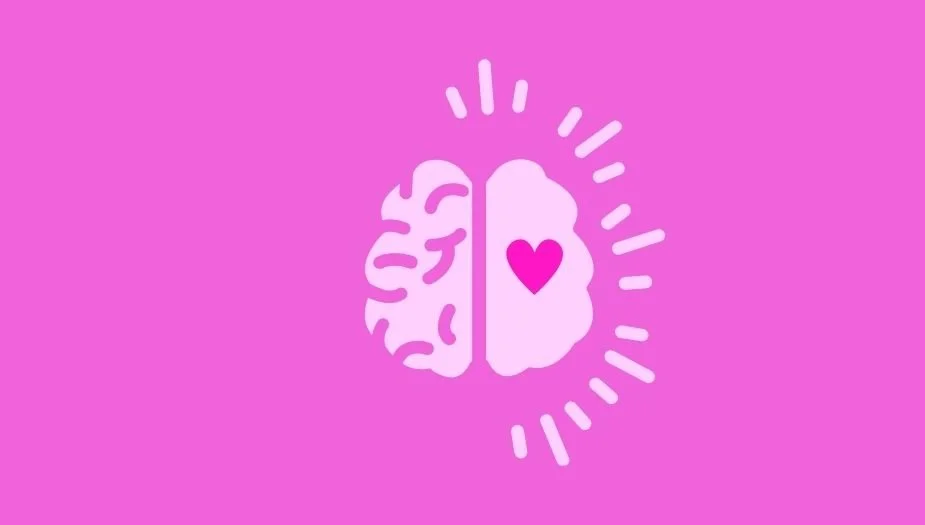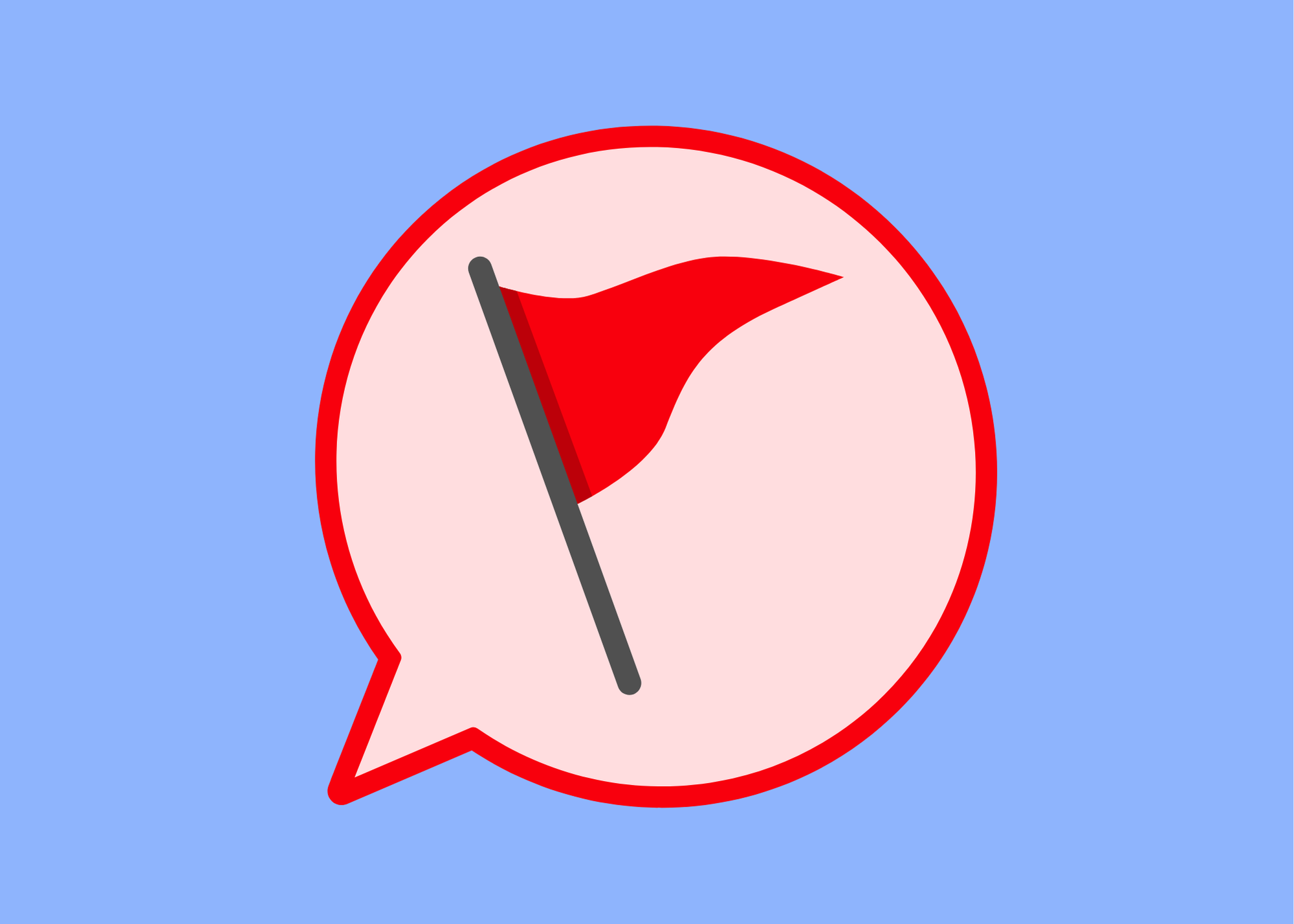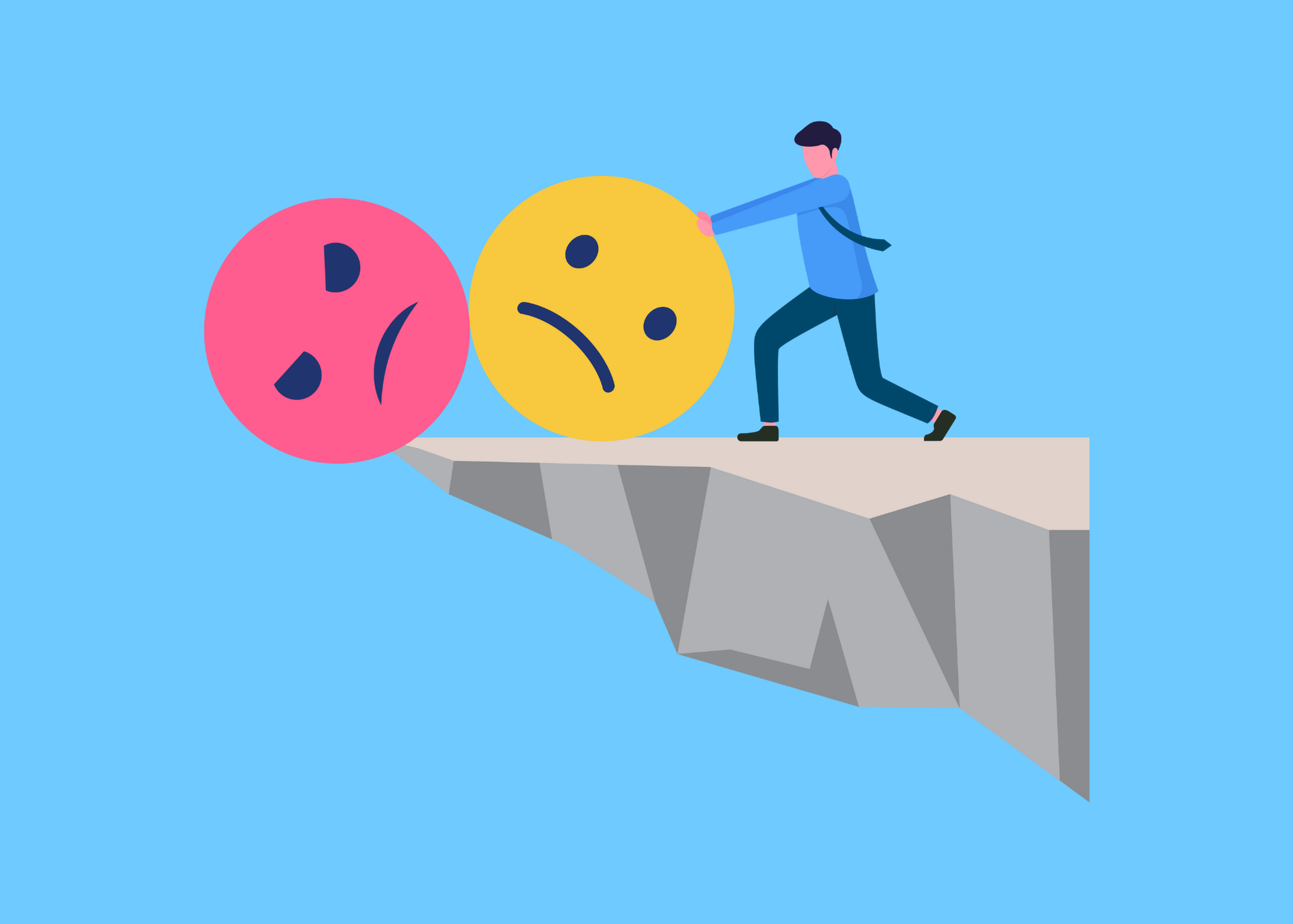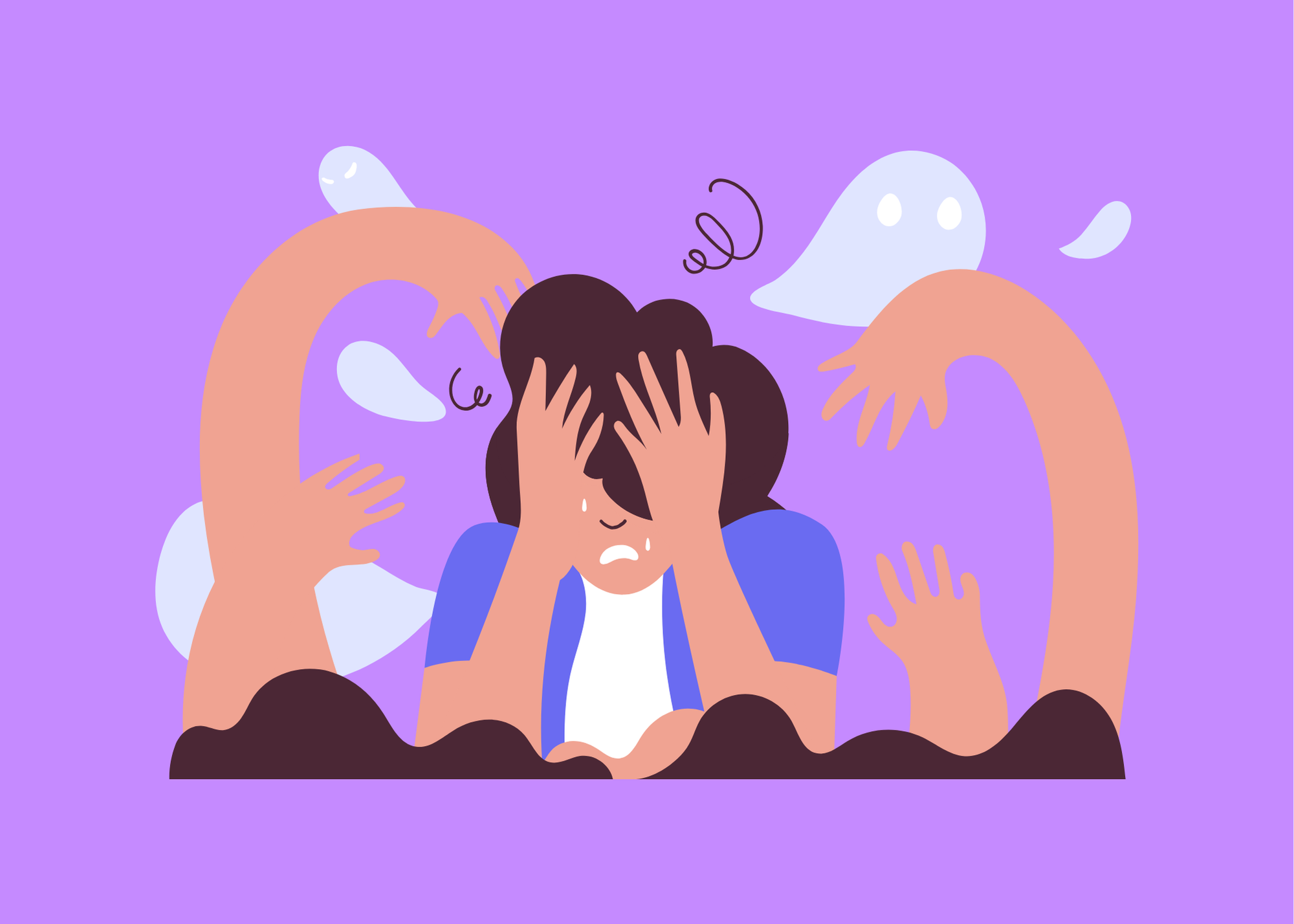The Power of Empathy: Enhancing Emotional Intelligence in Your Relationships
Empathy isn’t soft or a weakness. It’s a strategic skill to lead, connect, and thrive.
In a world that rewards independence, stoicism, and the relentless pursuit of achievement, emotional intelligence often gets sidelined—brushed off as “soft” or optional. But here’s the truth: your relationships, your leadership, and even your resilience under pressure all hinge on one thing—your ability to understand and respond to emotions, both yours and others’. At the heart of that ability? Empathy.
Empathy isn’t just about being nice or emotionally available. It’s a high-performance skill—and a protective one. For ambitious professionals under chronic stress, empathy is a necessity. It fuels better communication, healthier boundaries, stronger relationships, and, ultimately, the emotional resilience to thrive in high-stakes environments.
Let’s break down how empathy, when practiced with clarity and boundaries, becomes a force multiplier in both personal and professional relationships.
What Is Empathy—and Why Does It Matter for High Achievers?
At its core, empathy is the ability to understand and share the feelings of another person. But it’s more than a feel-good concept. Empathy sharpens emotional intelligence—the capacity to recognize, regulate, and respond to emotions effectively.
Think of emotional intelligence as your internal dashboard. It helps you:
Understand what you’re feeling and why.
Respond to stress and conflict with intention rather than reactivity.
Communicate in ways that build trust and clarity.
Lead and collaborate more effectively.
Empathy is the lever that makes this all possible. When you can step into someone else’s experience, you build insight—not only into them but into yourself. And that self-awareness is essential if you’re juggling pressure, people, and performance metrics.
The Empathy Myth: It's Not About Absorbing Everyone Else’s Problems
Let’s be clear—empathy is not the same as emotional overinvestment. If you’re constantly feeling what everyone else is feeling, without a way to ground yourself, that’s not empathy. That’s enmeshment.
For high performers—especially those in leadership or care-heavy roles—this distinction matters. The more empathetic you are, the more likely you are to risk burnout unless you put strong boundaries in place.
Empathy becomes powerful and sustainable when you:
Stay grounded in your own emotional reality.
Offer understanding without taking on responsibility for someone else’s emotions.
Know when to step in—and when to step back.
This is where self-awareness and boundaries aren’t just helpful—they’re non-negotiable.
How Empathy Enhances Emotional Intelligence in Relationships
1. It Elevates Communication
When you’re attuned to someone’s emotional state, your words and responses hit differently. You’re not just talking—you’re connecting. You’re reading the room, understanding context, and communicating in a way that builds clarity, not confusion.
For professionals leading teams or navigating high-stress environments, this means fewer misunderstandings and more productive conversations.
🔎 Try this: Before jumping into a meeting or conversation, pause and ask, “What emotional tone is already in the room?” Then match your communication accordingly.
2. It Defuses Conflict Without Avoiding It
Conflict is inevitable, especially in fast-paced, high-pressure environments. Empathy helps you stay in the conversation without escalating it. You can validate someone’s experience without agreeing, and you can stay emotionally present without losing control of your own responses.
This is how emotionally intelligent professionals resolve issues quickly—without burning bridges.
🔎 Try this: The next time conflict arises, ask yourself: “What might this person really need right now—underneath the words?” Respond to that need, not just the surface issue.
3. It Builds Trust and Deepens Connection
Whether it’s your team, your partner, or your clients—people trust those who make them feel seen, heard, and valued. Empathy isn’t just a relationship builder—it’s a trust accelerator.
In high-pressure environments where time is short and stakes are high, empathy signals safety. It lets people know you’re not just focused on results—you also care about their well-being.
4. It Increases Your Own Emotional Resilience
Here’s the bonus: the more empathetic you are (with boundaries), the more in tune you become with your own emotional patterns. That self-awareness gives you the power to regulate stress, recover from setbacks, and navigate emotional triggers with more control.
Empathy practiced well doesn’t drain you—it strengthens you.
The Boundaries Piece: Protecting Your Energy While Staying Connected
Let’s get real: empathy without boundaries will wreck your nervous system. If you’re already under chronic stress, constantly tuning in to other people’s emotions without protecting your own bandwidth will accelerate burnout. Fast.
Boundaries aren’t barriers—they’re buffers. They keep your empathy functional and sustainable.
Healthy empathy looks like:
Listening without absorbing.
Supporting others without sacrificing your own needs.
Staying connected without becoming over-responsible.
🔎 Pro tip: When you feel emotionally overwhelmed by someone else’s situation, pause and ask yourself, “Is this mine to carry?” Often, it’s not.
Empathy, Self-Care, and Leading by Example
One of the most overlooked aspects of empathy is self-compassion. You can’t show up for others if you’re running on fumes. And yet, many high performers treat self-care like it’s optional—something to “get around to” once the to-do list is done.
But here’s the reality: modeling empathy starts with how you treat yourself.
When you set boundaries, prioritize recovery, and take care of your mental health, you give others permission to do the same. That’s leadership. That’s sustainable performance.
Final Thoughts: Empathy Is a Strategic Advantage
Empathy isn’t soft. It’s not weakness. And it’s definitely not about being overly emotional. It’s a strategic skill for high-performing professionals who want to lead, connect, and thrive—without sacrificing their mental health along the way.
When practiced intentionally and paired with strong boundaries, empathy becomes your emotional armor and your relational superpower.
In the high-stakes game of life and leadership, empathy isn’t just a nice-to-have. It’s how you protect your energy, deepen your connections, and build a life that’s not just successful on paper—but deeply fulfilling and human.
Need Help? You don’t have to stay loyal to a version of you that no longer fits.
Growth requires an updated sense of self—and space to become it.
💡 Let’s create that space. Book your free 20-minute consult today.
Article References
The sources cited in the article:
Harvard University. "How to Improve Your Emotional Intelligence." Harvard - How to Improve Your Emotional Intelligence
Forbes. “4 Ways to Tap Into the Transformational Power of Empathy.” Forbes - Transformational Power of Empathy
Forbes. “The Power of Empathy for Business Growth.” Forbes - The Power of Empathy for Business Growth
Forbes. "Empathy & Emotional Intelligence are the Future of Leadership.” Forbes - Empathy & Emotional Intelligence
Harvard Business Review (HBR). “What People (Still) Get Wrong about Emotional Intelligence.” HBR - Emotional Intelligence
Positive Psychology (PP). “The Importance of Emotional Intelligence.” PP - The Importance of Emotional Intelligence
PsychCentral (PC). “Human Connection: The Importance of Connection.” PC- Human Connection






